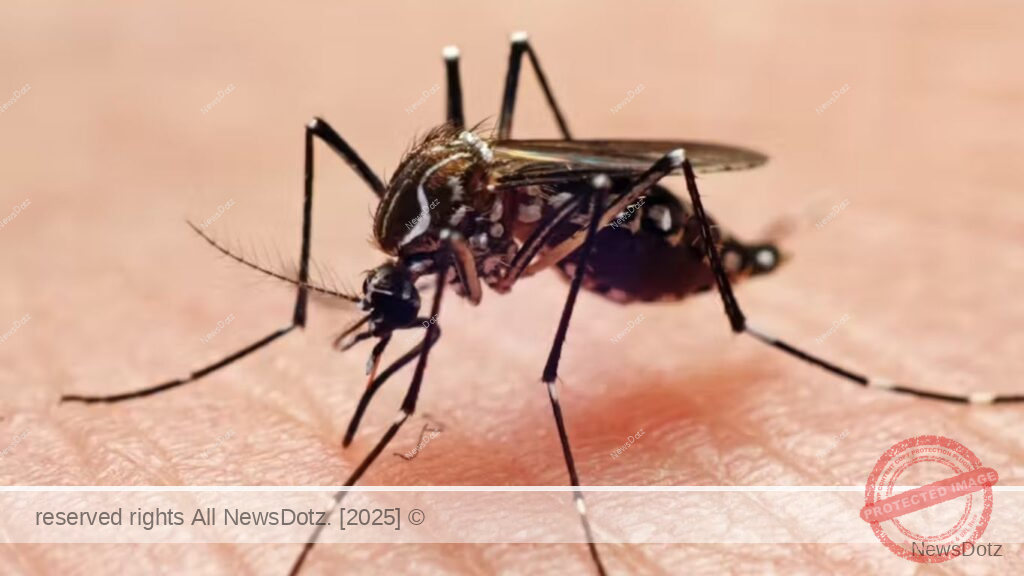Pune is celebrating a remarkable victory in its fight against mosquito-borne diseases like dengue, chikungunya, and malaria, thanks to a dedicated campaign launched in November 2024.
This year, the city has seen a dramatic drop in cases, with only eight instances each of dengue and chikungunya reported from January to June 2025, and no malaria cases at all. This is a stark contrast to 2024, when Pune and its suburbs recorded 382 dengue cases, 483 chikungunya cases, and five malaria cases. The success reflects the tireless efforts of the Pune Municipal Corporation’s (PMC) Health Department and the community’s collective resolve.
The campaign’s strength lies in its smart, targeted strategies. Since November 2024, PMC has mapped mosquito breeding sites, identifying over 33,000 permanent and nearly 38,000 temporary spots. These areas were treated with precise insecticide spraying to curb mosquito populations. In a creative twist, the city introduced guppy fish—natural predators of mosquito larvae—at over 2,500 locations with stagnant water, supported by 181 guppy breeding centers. Additionally, PMC worked with state and central authorities to clear water hyacinth from infested water bodies, reducing mosquito habitats.
Community engagement has been a cornerstone of this success. Public awareness campaigns, including events on World Malaria Day and National Dengue Day, used banners, leaflets, and informational boards along busy palkhi routes to educate residents. PMC also took a firm stance, fining 814 households and establishments a total of Rs. 96,300 for allowing mosquito breeding on their premises and destroying those sites.
As the monsoon approaches, PMC is doubling down on preparedness. A detailed microplan targets high-risk areas from the past three years, while insecticide spraying is planned for waterlogged zones under the city’s flood control strategy. For early detection, ASHA workers are equipped with blood slide kits to identify malaria cases, with testing and treatment available at PMC’s malaria clinic in Kasba Peth. Private hospitals and labs are also contributing by sharing patient data quickly, with dengue testing capped at Rs. 600 to ensure affordability.
Pune’s residents are playing a vital role, encouraged to observe a weekly “dry day” to eliminate stagnant water, wear protective clothing, and use mosquito nets, especially during the day when This collective effort has transformed Pune into a healthier, safer city, proving that smart strategies and community spirit can conquer even the tiniest of threats.
Follow us On Our Social media Handles :
Instagram – https://www.instagram.com/newsdotz/
Youtube – https://www.youtube.com/@NewsDotz
Facebook – https://www.facebook.com/profile.php?id=61573903448264
Twitter – https://x.com/NewsDotz
